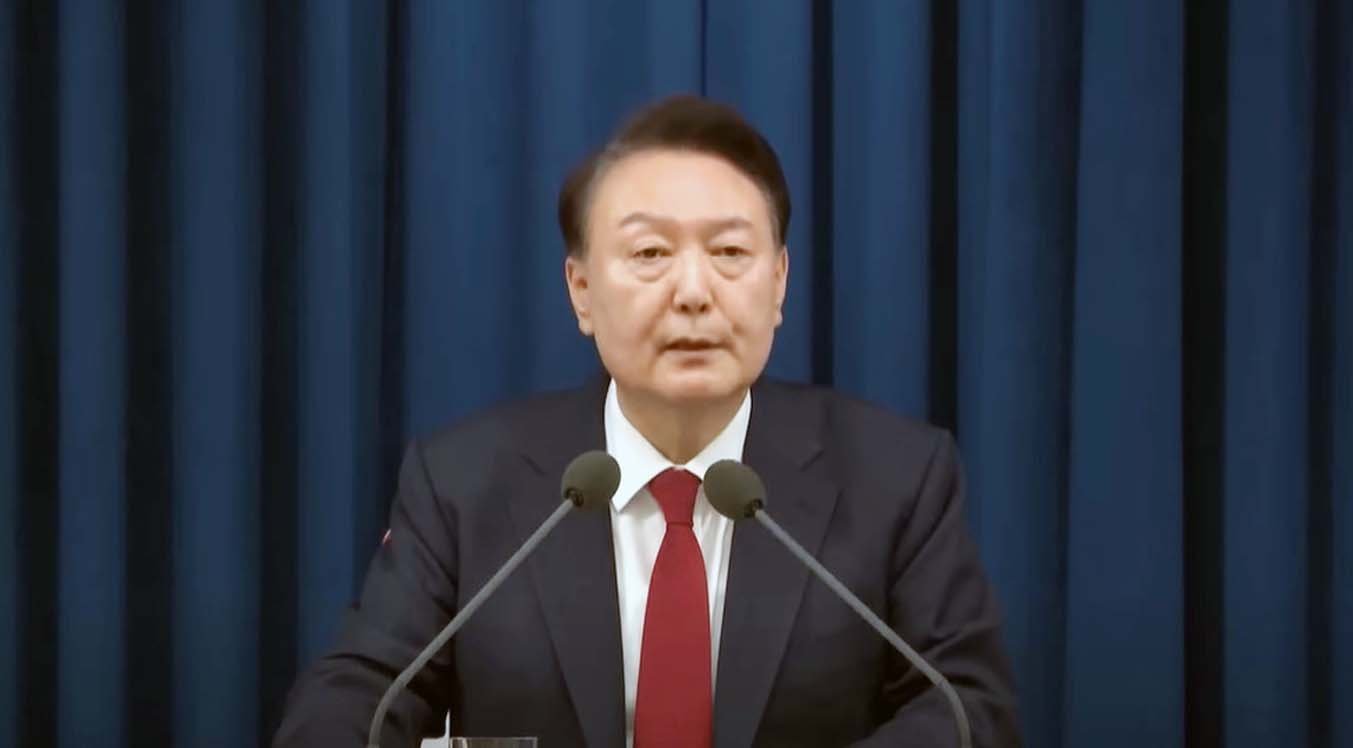Declaring martial law on December 3, 2024, South Korean President Yoon Suk-yeol has set off a political and public firestorm that marks the first use of such policies in the nation since the pro-democracy movements of the 1980s. Under increasing domestic tensions, the government’s stated order seeks to solve what it sees as challenges to South Korea’s liberal democracy from “anti-state forces”.
Declaration Context
President Yoon’s administration claimed martial law as a necessary measure to maintain national stability during heightened political turbulence. This choice came during a divisive time when opposition parties controlled the National Assembly and claimed presidential office corruption and power abuses. A dramatic turn from democratic standards, martial law clauses forbid political demonstrations, media restriction, and permission for warrantless arrests.
Public and Political Reaction
Civil society organizations and opposition legislators have fiercely attacked the martial law decree. Many contend that the action compromises democratic values and replays the autocratic strategies of former governments. Analysts have linked the scenario to South Korea’s stormy era of political instability during the 1970s and 1980s, further increasing public fear.
Foreign Consequences
South Korea’s allies, including the United States, have expressed measured worry over the declaration, underscoring the significance of democratic administration. The martial law proclamation might also influence South Korea’s worldwide image, potentially damaging its commercial alliances and diplomatic relations.
The Way Forward
While the administration says martial law will restore order and prevent social chaos, opponents warn that it may intensify existing political differences. Calls for discussion and legal challenges to the decree are expected to affect the nation’s immediate political environment.
Impact on Ordinary Citizens
Under the martial law regulations, actions like public protests and strikes are outlawed, and media coverage is tightly regulated. Although the government pledges minimal interruption to daily life for law-abiding residents, suspicions of overreach and civil rights breaches abound.
Conclusion
The martial law proclamation has placed South Korea at a critical moment, testing the strength of its democratic institutions. As citizens and international observers watch intently, the outcomes of this option will definitely influence the nation’s political destiny for years to come.
Sources
- Reuters: Full text of South Korea’s martial law decree
- South China Morning Post: Claims of martial law inflame political tensions in South Korea

